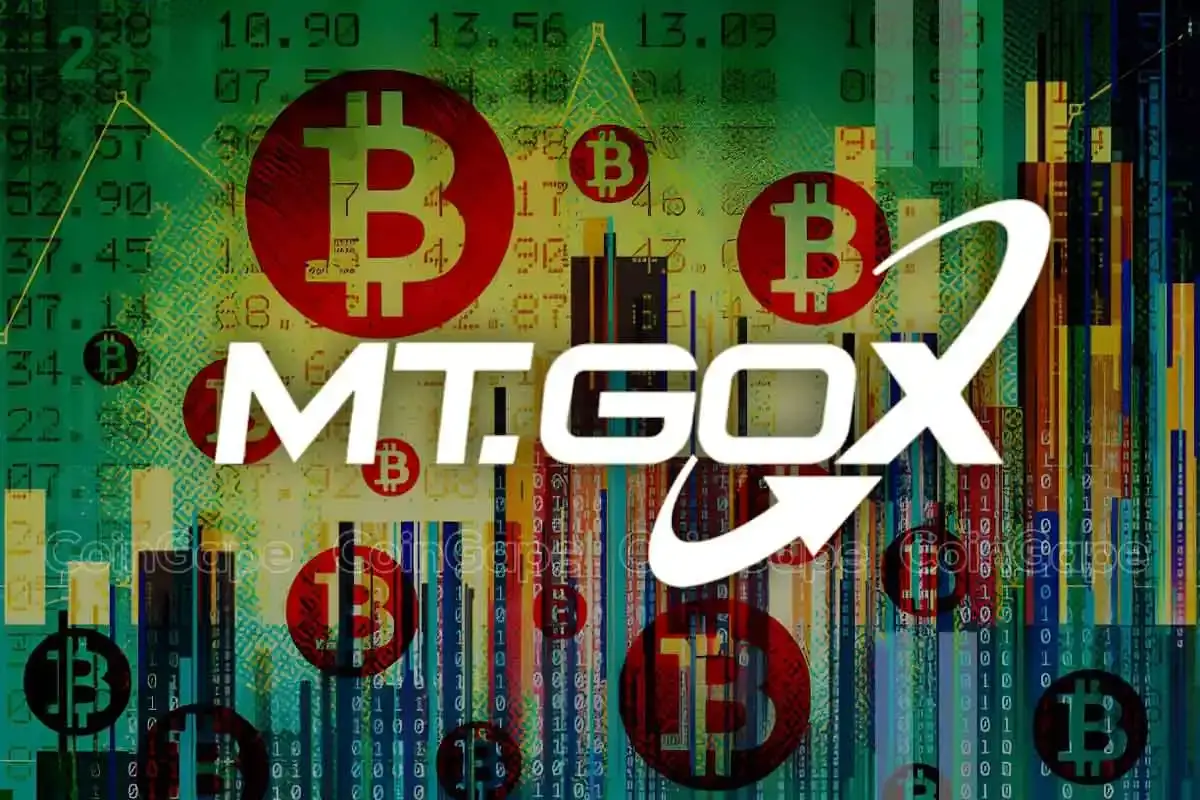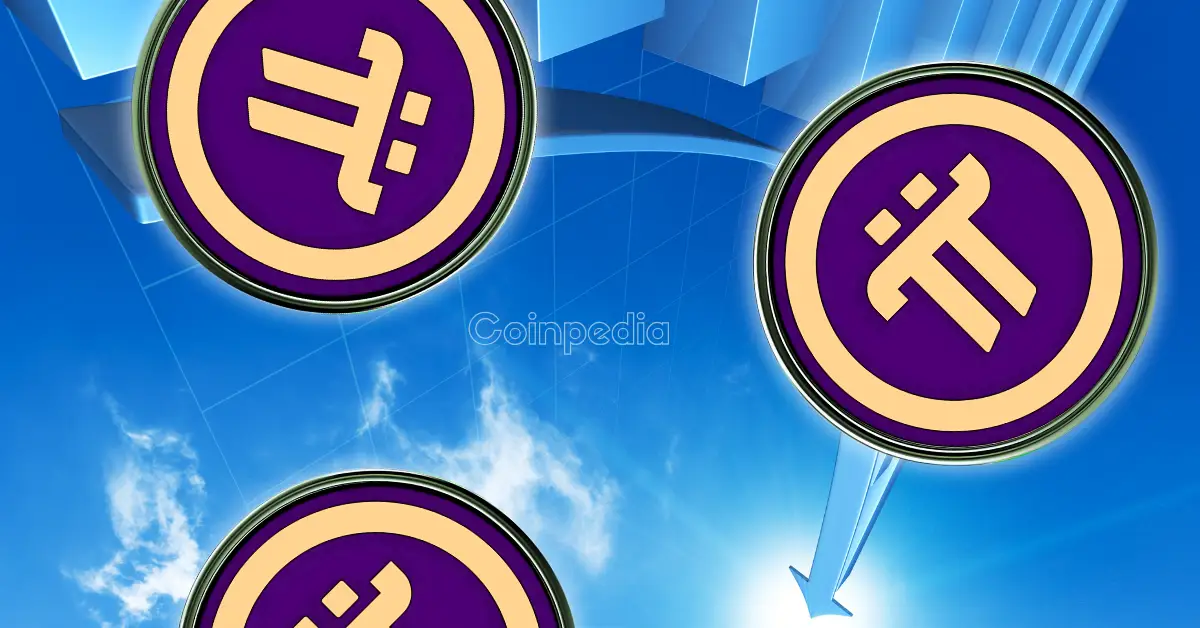Investment banking firm Houlihan Lokey Identifies Ripple as a Potential Challenger to SWIFT
Ripple Emerging as a Key Player in Cross-Border Payments
Investment banking firm Houlihan Lokey has recently identified payments technology firm Ripple as one of the potential challengers to the global banking messaging network SWIFT. In a market update report from April 2024, the firm mentioned Ripple and some fintech firms as competition to SWIFT in the cross-border payments category.
This recognition marks a significant milestone for Ripple, a company known for its blockchain-based payment solutions. Ripple has been making waves in the financial industry with its innovative technology that enables fast and cost-effective cross-border transactions. SWIFT, on the other hand, has long been the dominant player in the global messaging network used by banks to facilitate international payments.
Ripple’s Impact on the Financial Industry
The acknowledgement of Ripple as a potential competitor to SWIFT underscores the growing influence of fintech firms in the traditional banking sector. As technology continues to revolutionize the way we conduct financial transactions, companies like Ripple are leading the charge towards a more efficient and streamlined payments system. With its focus on blockchain technology and innovative payment solutions, Ripple is poised to disrupt the cross-border payments industry and challenge the status quo established by SWIFT.
By offering faster transaction speeds, lower fees, and greater transparency, Ripple has the potential to revolutionize the way money moves across borders. This could have a profound impact on banks, financial institutions, and consumers alike, as they become more open to embracing new technologies and alternative payment methods.
The Global Implications of Ripple’s Rise
As Ripple gains traction as a competitor to SWIFT, the global banking landscape is likely to undergo significant changes. Traditional banks may need to adapt to the shifting tides of the industry by incorporating blockchain technology into their operations or partnering with fintech firms like Ripple to stay competitive. This could lead to a more interconnected and efficient global payments network, benefiting businesses and individuals who rely on cross-border transactions for their operations.
Furthermore, the rise of Ripple and other fintech firms could spur innovation and competition in the financial industry, driving the development of new technologies and solutions that enhance the way we transact. This could ultimately lead to a more inclusive and accessible financial system that empowers individuals and businesses around the world.
Impact on Individuals
For individuals, the emergence of Ripple as a key player in cross-border payments could mean faster and more affordable international transactions. With Ripple’s focus on streamlining the payment process and reducing fees, consumers may benefit from greater accessibility and convenience when sending money abroad. This could make it easier for individuals to conduct business globally, support family members in other countries, or simply enjoy seamless international transactions.
Impact on the World
On a global scale, Ripple’s rise as a challenger to SWIFT has the potential to reshape the way we think about cross-border payments. By offering a more efficient and transparent alternative to traditional banking systems, Ripple could promote greater financial inclusion and connectivity among nations. This shift towards a more decentralized and innovative payments ecosystem could unlock new opportunities for economic growth, trade, and cooperation on an international level.
Conclusion
As investment banking firm Houlihan Lokey highlights Ripple as a potential competitor to SWIFT in the cross-border payments category, the financial industry is set to experience a wave of disruption and innovation. With Ripple’s focus on blockchain technology and efficient payment solutions, the traditional banking sector is facing increasing competition from fintech firms that are driving the evolution of global payments. This shift towards a more interconnected and technologically advanced financial landscape has the potential to benefit individuals, businesses, and economies worldwide, ushering in a new era of efficiency and accessibility in cross-border transactions.





